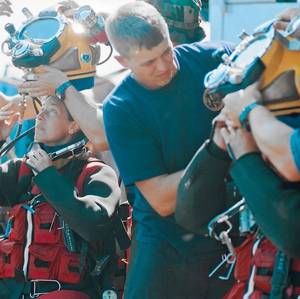
By Captain Bobbie Scolley, U.S. Navy (ret.) and Rear Admiral Tim Gallaudet, U.S. Navy (ret.)For more than six decades, spanning from 1905 to the late 1970s, the U.S. Navy’s diving apparatus for deep ocean operations and salvage remained fundamentally unchanged. During this period, the demographic of navy divers also saw little alteration.
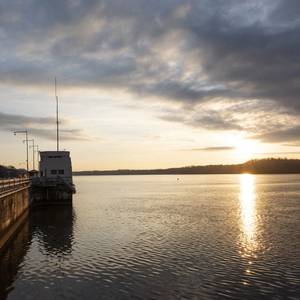
This episode of Maritime Matters: The MarineLink Podcast, delves into the critical importance of the inland waterways infrastructure in the U.S., focusing on the Chickamauga Lock Project on the Tennessee River. A trio of experts – Tracy Zea, President & CEO of WCI; Elizabeth Burks, USACE Nashville Division Chief; and Capt.
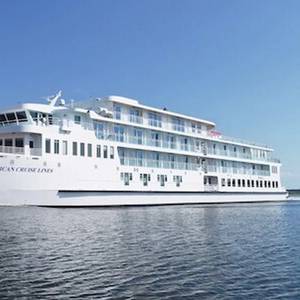
The domestic passenger vessel answers the call for cleaner and more efficient platforms. It is truly an electric time to be a part of this niche industry.In the shadow of a rapidly changing political landscape, the domestic passenger ferry sector is nevertheless seeing an increasing number of newbuild vessel orders.
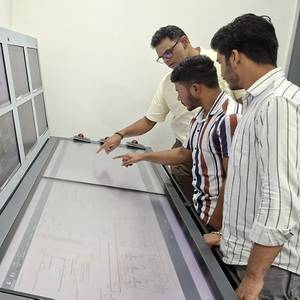
Anglo-Eastern Univan Group introduced its methanol bunkering simulator in October, developed in collaboration with Wärtsilä, a system that delivers both theoretical and practical training for the safe handling of methanol as a marine fuel. This follows the launch of the world’s first functional LNG ((Liquefied Natural Gas))/ammonia bunkering station skid at the Anglo-Eastern Maritime Academy

Expansion into Harbor Tug sector helps Master Boat Builders nearly double in size, from 200 to 400 employees building eight to nine vessels per year, and the prospect of a new drydock plus additional partnerships and government construction contracts promises to power the company forward further, faster.
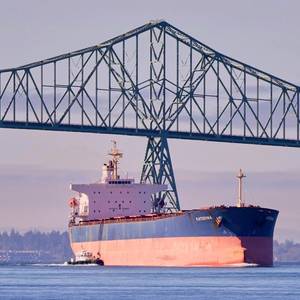
Columbia River Pilots is an association of independent pilots, a unique organization that uses a network of pilots and independent boats to manage a long stretch of river in the U.S. Pacific Northwest. Capt. Jeremy Nielsen serves as President, Columbia River Pilots, and in addressing the challenges his organization faces
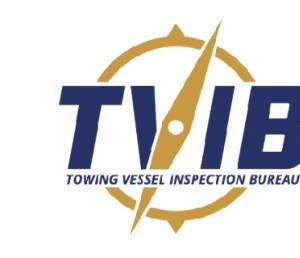
The Towing Vessel Inspection Bureau (TVIB) announced that Rio Marine, Inc. has become the first maritime services provider to achieve certification under the American Waterways Operators’ (AWO) Responsible Carrier Program (RCP).The RCP is a safety management system for the tugboat, towboat, and barge industry that sets standards for safety, environmental stewardship, and continuous improvement.
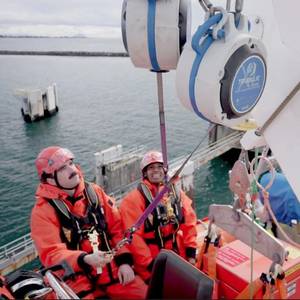
The Henriksen HLH 3500 rescue boat and liferaft hook has become a key element of a new fall protection system invented by BC Ferries, the Descent Control System (DCS), which is now installed across its fleet of 38 ships. As launching boats at sea is a high-risk activity, BC Ferries embarked upon a two-year development program for its DCS.
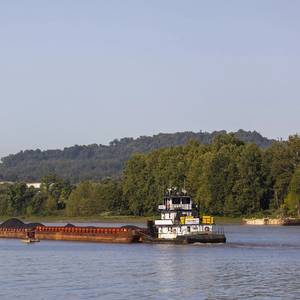
“In a global marketplace, supply and demand in one area of the world can greatly impact the agricultural production in another. American products are shipped worldwide …” is how the U.S. Department of Agriculture (USDA) describes the backdrop for international trade. The inland and coastwise waterway systems serving the United States (where agricultural cargoes are an important component) are
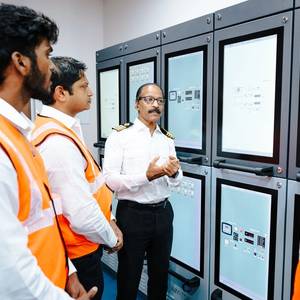
As the global shipping industry accelerates toward decarbonization, Bernhard Schulte Shipmanagement (BSM) has unveiled its first methanol bunkering simulator at its Maritime Training Center in Kochi, India. Developed in partnership with Wärtsilä, the new platform is designed to give seafarers hands-on training for safely handling methanol
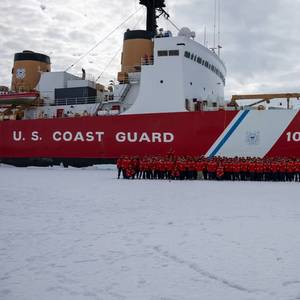
U.S. Coast Guard Cutter Polar Star (WAGB 10) and crew departed the Antarctic region Tuesday after 65 days south of the Antarctic Circle in support of Operation Deep Freeze 2025.Operation Deep Freeze is an annual event, led by the U.S. Antarctic Program (USAP) in conjunction with the Department of Defense, to support the U.S. National Science Foundation (NSF).
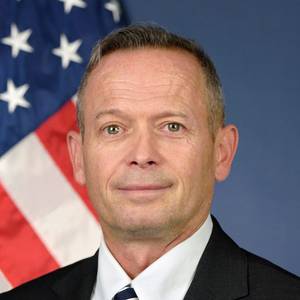
Reproduced Courtesy NH JournalThere has been a lot of discussion in New Hampshire lately about the effectiveness of a pro-American law that has been providing national and economic security for the United States for many years. I want to provide some stakeholder’s perspective and perhaps add some context as to how this issue relates to New Hampshire.